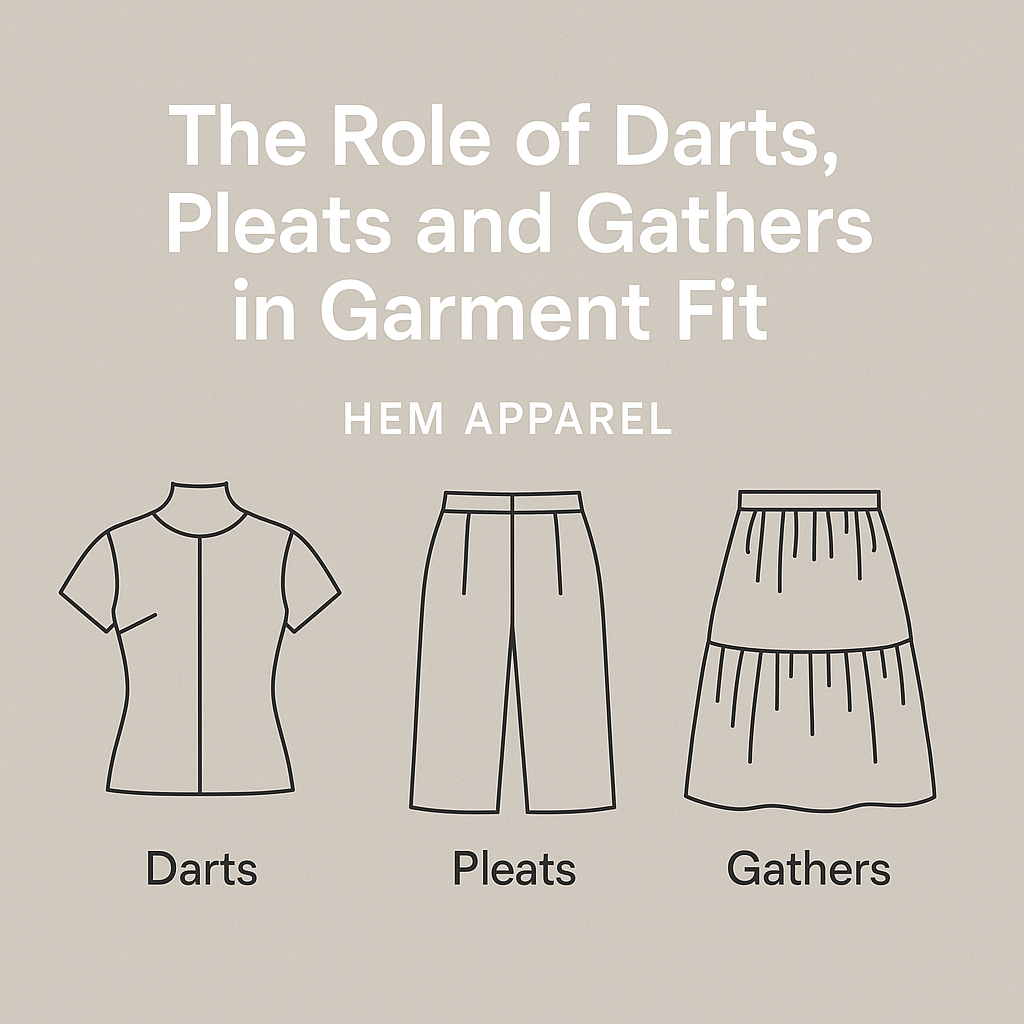As more fashion brands shift toward sustainability, materials like organic cotton and recycled cotton are becoming more popular. But while both sound eco-friendly, they serve very different purposes — and choosing the right one can impact not just your brand image, but also your cost and product performance.
🌿 What is Organic Cotton?
Organic cotton is grown without synthetic pesticides or fertilizers. It uses non-GMO seeds and farming methods that protect soil health and biodiversity.
✅ Pros:
-
Clean, chemical-free fiber
-
Softer and more breathable
-
Often certified (e.g. GOTS)
-
Positive brand image for sustainability
🚫 Cons:
-
Higher price than conventional cotton
-
Limited availability in some regions
-
Still consumes water during cultivation
♻️ What is Recycled Cotton?
Recycled cotton is made by processing post-industrial fabric waste or old garments back into fiber, then spinning it into new yarn.
✅ Pros:
-
Reduces textile waste
-
Lower water and energy usage
-
Great for storytelling (e.g. circular production)
-
Good for heavier-weight products
🚫 Cons:
-
Shorter fibers = lower strength
-
Not as soft as virgin cotton
-
Often blended with other fibers to improve durability
👕 Which One Should You Use?
-
Want a soft, premium tee with a clean story? → Organic Cotton
-
Want to emphasize circularity or reduce waste? → Recycled Cotton
-
Want a balance of both? → Use organic cotton blended with recycled fibers
At HEM APPAREL, we help brands decide based on their price point, fabric function, and marketing goals — and we work with certified suppliers to ensure traceability.
Explore blank wholesale
OEM & Private Label
Need help? Chat
Follow us on Instagram





